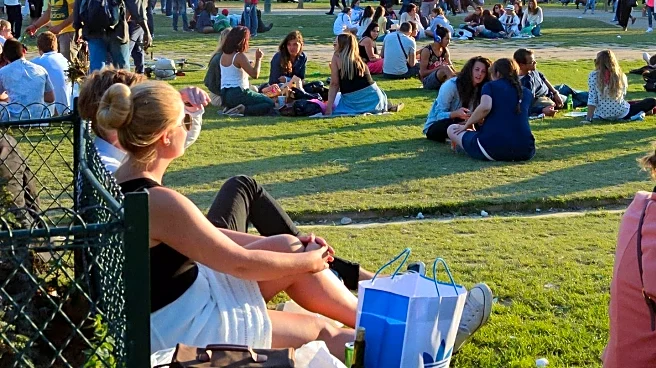What's Happening?
Recreation is defined as activities people engage in during their free time that are enjoyable and socially redeeming. Unlike leisure, recreation is seen as morally acceptable by society, contributing to social well-being. Examples include sports, music,
games, travel, reading, arts and crafts, and dance. The focus is on the outcome of these activities, which is often restoration and balance in life. Recreation is used as a social instrument to produce desirable outcomes such as wise use of free time, physical fitness, and positive youth development. This has led to the development of various recreation programs by municipalities, nonprofits, and for-profit agencies.
Why It's Important?
Recreation plays a crucial role in promoting physical, psychological, and social well-being. It serves as a tool for positive youth development and community empowerment. By engaging in recreational activities, individuals can achieve a balance in their lives, refresh themselves from work, and contribute positively to society. The organized development of recreation programs helps meet diverse needs, fostering a sense of community and improving overall quality of life. Recreation is not just a personal benefit but a societal one, encouraging healthy lifestyles and social interaction.















